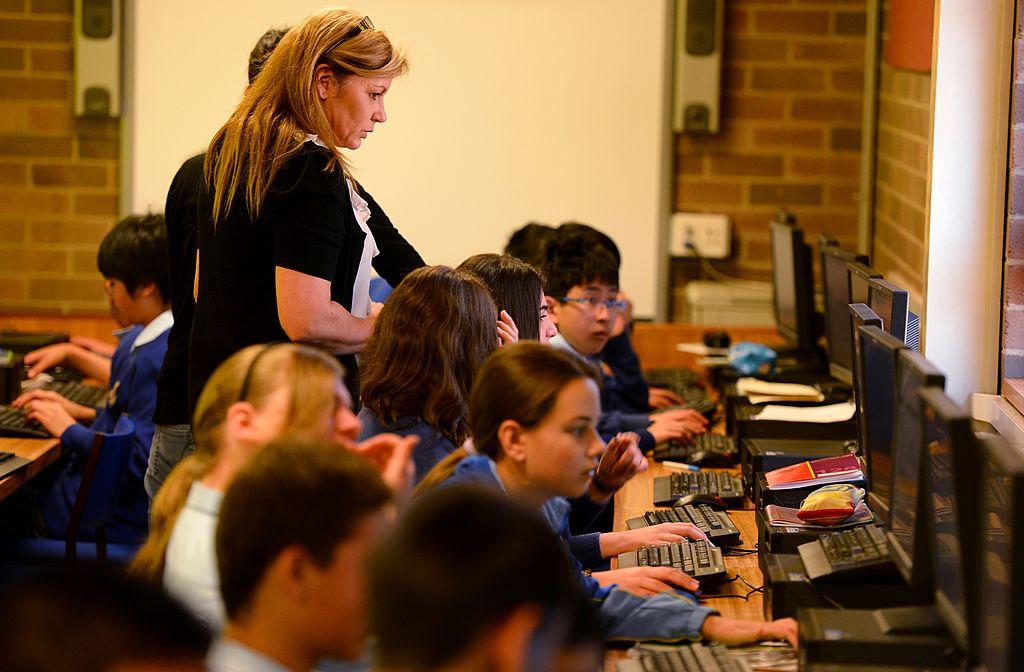The recent extension of paid parental leave from 20 weeks to six months will narrow the gender pay gap and bolster support for working parents, the peak union body says.
New laws passed on March 18 will gradually extend paid parental leave for new parents by two weeks each year, starting from July 2024, until they can take 26 weeks off work by July 2026.





